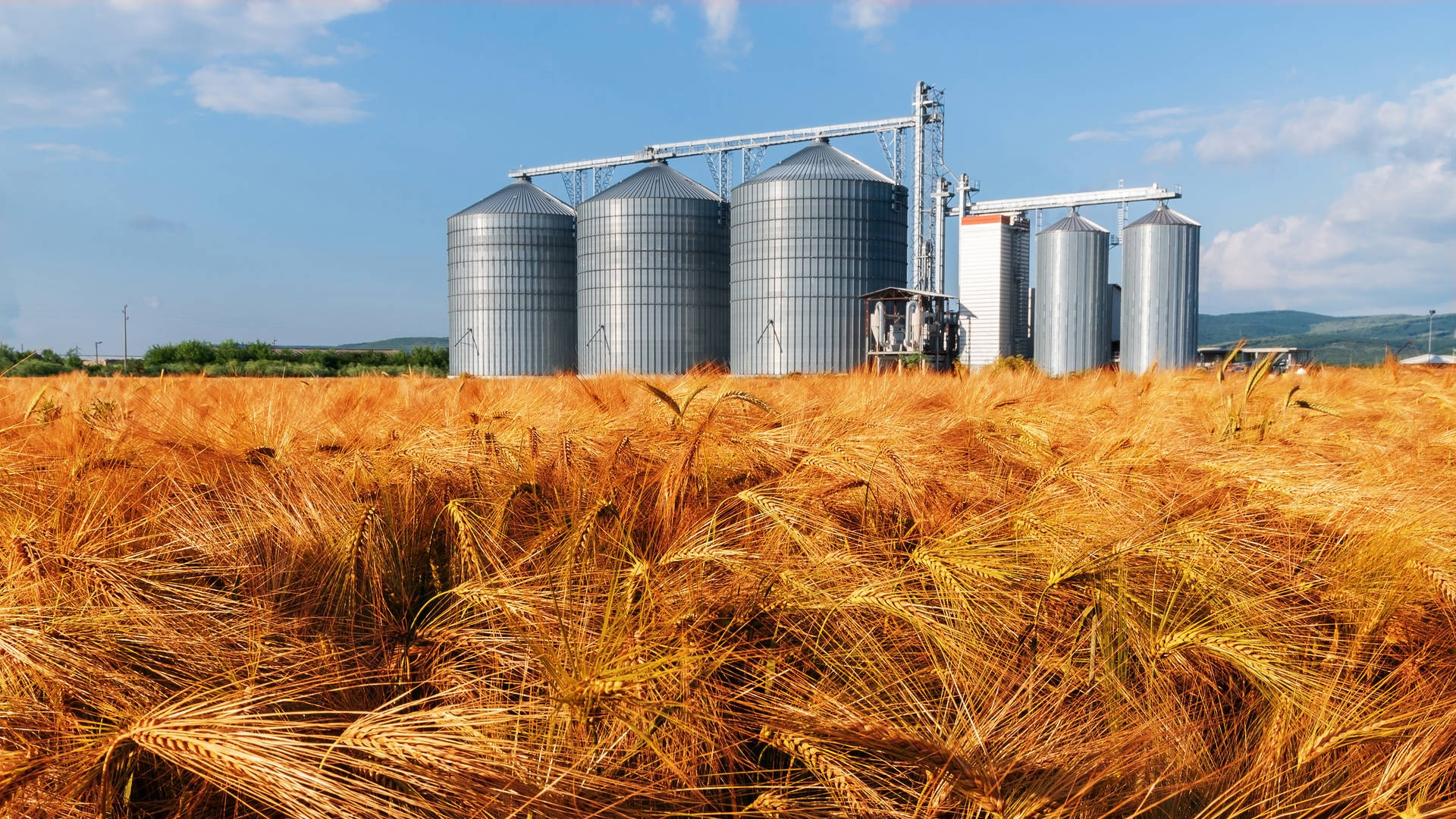We use Cookies. Read our Terms
- News
- Improving food security and agricultural resilience in Jordan
Improving food security and agricultural resilience in Jordan
A US$100 million OPEC Fund loan will help the country better respond to food supply disruptions

Photo: Deyana StefanovaRobova/Shutterstock.com
The OPEC Fund for International Development is providing a US$100 million loan to the Hashemite Kingdom of Jordan for an Emergency Food Security Project, which will increase the country’s food security and help to mitigate the impact of rising commodity prices.
The project will support Jordan’s medium-term investments to enhance food security as well as the country’s short-term emergency response. The construction and expansion of 70 grain bunkers will increase Jordan’s storage capacity of wheat and barley by a total of 700,000 tons. The funds will also facilitate the procurement of these two vital agricultural commodities.
Jordan is a net importer of food and the more than 10.5 million people living in the country – among them more than 650,000 refugees from Syria, according to the UN – have been severely affected by the recent supply crisis.
Following the loan signing with Jordan’s then Minister of Planning and International Cooperation Nasser Shraideh, OPEC Fund Director-General Dr. Abdulhamid Alkhalifa said during a visit to the capital Amman: “Ensuring food security is one of the most pressing global challenges and the OPEC Fund is committed to supporting affected countries with our US$1 billion Food Security Action Plan. We are pleased to extend our support to Jordan, where our financing will help vulnerable households and refugees as well as strengthen the resilience of the food sector.”
The additional grain supply will be imported through sea freight with 13 vessels, each carrying 60,000 tons of grain products. The new bunkers will be located in Al-Qatrana, Al-Mowakkar and Al-Ghabawi near Amman and create storage capacity for up to four years.
Jordan relies heavily on imports from the Black Sea region to cover its grain consumption, accounting for 98 percent of wheat imports and 78 percent of barley imports. Following the war in Ukraine and the global repercussions, Jordan has adopted a National Food Security Strategy, which includes short-term emergency response measures as well as medium-term investment plans and policy reforms.
The OPEC Fund and Jordan have been cooperating since 1977 in agriculture, energy generation, health, industry, education and small business development. To date, the OPEC Fund has approved over US$500 million in financing through public and private sector loans and grants in the country.